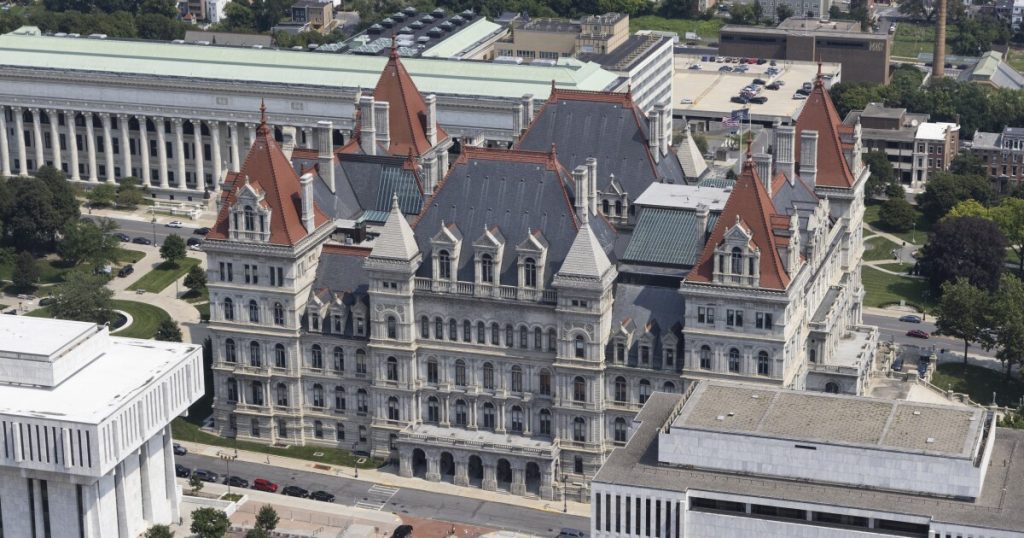New York state’s financial regulator is marching ahead with the rulemaking process for the NY BNPL Act, but providers say they need more time to respond to the Department of Financial Services’ comprehensive request for information.
New York established a
As part of the rulemaking process, the NYDFS on July 31 issued a voluntary request for information with a deadline of Aug. 31.
“DFS’s goal in issuing this RFI is to understand the business models of entities offering BNPL products, fee structures of those products, the underwriting process, and the impact that fee and interest limits may have on BNPL product underwriting and business more generally, among other topics,” the DFS wrote in a letter.
But providers need more time to adequately respond to DFS’ request, according to
“We want to make sure that there is adequate time for companies that choose to participate to do the appropriate due diligence and provide DFS the information they need,” Phil Goldfeder, AFC’s CEO, told American Banker.
Goldfeder said he did not know how many of AFC’s member companies would be participating in the RFI.
The NY BNPL Act defines a
NYDFS’ request for information is thorough and the timeline is tight, Eamonn Moran, a partner at Holland & Knight, told American Banker.
“It seems clear that the data requested by NYDFS requires significant time to collect, compile, and transmit, especially as NYDFS specifically requests for respondents to be ‘as specific as possible in their responses’ and to include ‘data and relevant materials wherever possible,'” Moran said.
The DFS requested information about the
The Financial Technology Association, another industry group that represents BNPL providers, also supports a 30-day extension to the RFI, CEO Penny Lee told American Banker in an email.
“We appreciate NYDFS’s focus on data-driven policy and are committed to providing accurate responses to inform their rulemaking. However, given the breadth and depth of the Department’s questions, we would support a 30-day extension of the deadline,” Lee said.
“Our members support rules for BNPL products that are both appropriate and activity-based, protecting consumers while preserving access to low-cost, transparent BNPL options,” Lee said. “Unfortunately, some of the provisions included in the final bill are ill-suited for a BNPL product, and we hope they will be addressed either through rulemaking or further legislation.”
The NYDFS did not respond to a request for comment by press time.
BNPL providers will ultimately have to weigh whether to provide DFS with the data, Holland & Knights Moran said.
“Entities … will first have to face the issue of whether to respond, and evaluate any risks for not doing so, especially if they are entities whose activities may be covered by the BNPL Act and their data could be of great value for NYDFS in crafting the BNPL regulatory regime,” Moran said.
Providers will also have to contend with providing information they may view as commercially sensitive or trade secrets, he said.
“Receiving the most accurate and comprehensive data possible would be helpful for all parties involved (and the data received would appear to be mission critical for NYDFS to ensure that the collected data is well-suited to inform its forthcoming BNPL regulatory activities),” Moran said. “But compiling and submitting this data in the short window provided by NYDFS risks having deficiencies in either its accuracy or completeness.”

